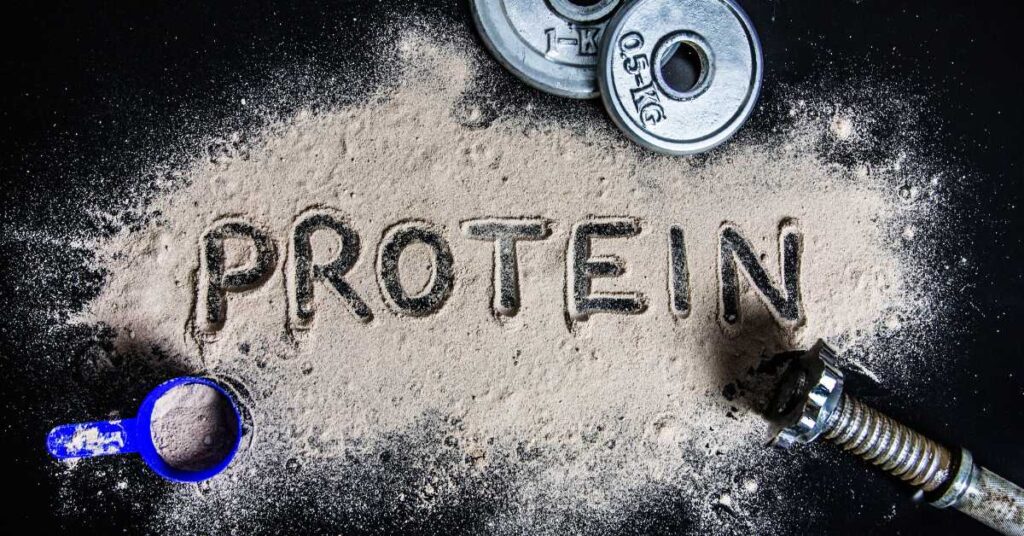As an athlete, it’s not uncommon to experience performance anxiety and stress. The pressure to perform at your best, the fear of failure, and the anticipation of high-stakes competitions can all contribute to these feelings. However, with the right strategies and mindset, you can overcome performance anxiety and manage stress effectively. In this article, we will explore practical techniques and mental frameworks to help you perform with confidence and composure in the face of pressure.
Introduction
Performance anxiety and stress are common challenges faced by athletes of all levels. The good news is that these feelings can be managed and even turned into sources of motivation and focus. In this article, we will explore various techniques and strategies to help you overcome performance anxiety and effectively manage stress, allowing you to perform at your best when it matters most.
Understanding Performance Anxiety and Stress
The Impact of Performance Anxiety on Athletes
Performance anxiety can manifest as physical, cognitive, and emotional symptoms that hinder athletic performance. Symptoms may include increased heart rate, trembling, negative thoughts, self-doubt, and fear of judgment. Left unaddressed, performance anxiety can significantly impact an athlete’s confidence, focus, and overall performance.
The Relationship Between Stress and Performance
Stress, when managed effectively, can enhance performance by activating the body’s natural fight-or-flight response. However, excessive or unmanaged stress can have detrimental effects, leading to decreased focus, fatigue, and poor decision-making. Finding the right balance between stress and relaxation is crucial for optimal performance.
Techniques for Overcoming Performance Anxiety
Cognitive Restructuring and Positive Self-Talk
Cognitive restructuring involves identifying and challenging negative thoughts and replacing them with positive and empowering ones. Practice reframing negative beliefs and self-talk into more supportive and encouraging statements. This shift in mindset can help reduce anxiety and boost confidence.
Pre-performance Rituals and Visualization
Establishing pre-performance rituals and visualization techniques can help create a sense of familiarity, control, and confidence. Develop a routine that includes mental preparation exercises, visualization of successful performances, and physical warm-ups. This helps condition your mind and body for optimal performance.
Breathing Exercises and Relaxation Techniques
Engaging in deep breathing exercises and relaxation techniques, such as progressive muscle relaxation or mindfulness meditation, can activate the body’s relaxation response and calm the nervous system. These practices promote a state of relaxation and help alleviate anxiety symptoms.
Goal Setting and Outcome Detachment
Setting specific, attainable goals and focusing on the process rather than the outcome can shift your attention away from performance pressure. By directing your focus to the present moment and the controllable aspects of your performance, you can reduce anxiety and perform with greater ease.
Seeking Support and Building Resilience
Don’t be afraid to seek support from coaches, sports psychologists, or trusted mentors who can provide guidance and strategies for managing performance anxiety. Building resilience through mental skills training, self-reflection, and learning from setbacks can also help you navigate challenging situations with greater confidence.
Strategies for Managing Stress in Sports
Time Management and Prioritization
Effective time management and prioritization can alleviate stress by ensuring that you have adequate time for training, recovery, and other aspects of your life. Create a balanced schedule that allows for rest, relaxation, and activities outside of your sport.
Embracing a Growth Mindset
Adopting a growth mindset can help reframe challenges as opportunities for learning and growth. Embrace setbacks and mistakes as valuable lessons that contribute to your development as an athlete. This mindset shift reduces the fear of failure and promotes a positive approach to stress.
Implementing Stress-Relief Activities
Engage in stress-relief activities that promote relaxation and rejuvenation. This may include hobbies, hobbies, meditation, spending time in nature, or engaging in activities that bring you joy and take your mind off sports-related pressures.
Optimizing Rest and Recovery
Prioritize rest and recovery as essential components of your training regimen. Proper sleep, nutrition, and recovery strategies contribute to physical and mental well-being, helping you manage stress more effectively.
Balancing Competition and Enjoyment
Remember the joy and passion that initially drew you to your sport. Balance the competitive aspect with a focus on enjoyment and personal growth. Emphasize the process and the love for the sport rather than solely outcome-oriented goals.
Common Challenges and FAQs
What if I’m still anxious even after using these techniques?
Everyone’s journey is unique, and it may take time to find the techniques that work best for you. Keep experimenting with different strategies, seek professional guidance if needed, and be patient with yourself. Consistent practice and a proactive approach will lead to progress over time.
How can I prevent stress from negatively impacting my performance?
Regular stress management practices, such as relaxation techniques, self-care activities, and setting boundaries, can help prevent stress from negatively impacting your performance. Recognize early signs of stress and take proactive measures to address them before they escalate.
Should I avoid high-pressure situations to manage my anxiety?
Avoiding high-pressure situations may provide temporary relief but can hinder your long-term growth as an athlete. Instead, focus on developing strategies to manage anxiety and build resilience in challenging situations. Gradual exposure to pressure situations can help you become more comfortable and confident.
Can meditation help with performance anxiety and stress?
Meditation can be a valuable tool for managing performance anxiety and stress. Regular meditation practice cultivates mindfulness, enhances self-awareness, and promotes relaxation. It can help you develop a calm and focused state of mind, enabling you to navigate high-pressure situations with greater composure.
How long does it take to overcome performance anxiety?
The duration to overcome performance anxiety varies from individual to individual. It depends on factors such as the severity of anxiety, the consistency of practice, and the level of support received. With dedicated practice, proactive steps, and patience, you can gradually overcome performance anxiety and manage stress more effectively.
Conclusion
Performance anxiety and stress are common challenges faced by athletes, but they don’t have to hinder your success. By implementing the techniques and strategies outlined in this article, you can develop the mental resilience and tools necessary to overcome performance anxiety, manage stress effectively, and perform at your best. Embrace the journey of self-discovery and growth, and remember that with practice and a positive mindset, you can conquer any mental obstacle that comes your way.







